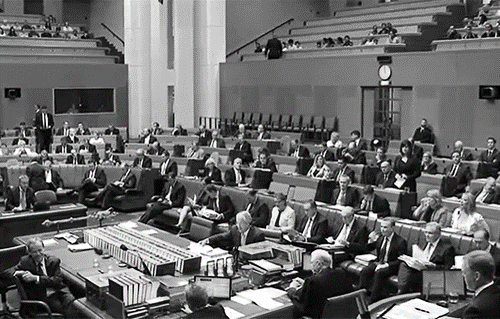The New Zealand Commerce Commission (NZCC) has successfully completed its first criminal prosecution under the New Zealand Crimes Act, with a former company director sentenced to home detention for 10 months. This is the first time the NZCC has brought criminal proceedings; an aspect of its role that it previously left to the police.
The case related to false billing practices which scammed businesses of about $700,000 over approximately two years. The former director pleaded guilty to the charges, admitting that she had sent “special offer” documents to recipients offering to “renew” their online business directory listings with her company, even though they had no previous listing. Invoices (and in some cases debt recovery notices) were sent to recipients seeking payment for services they had not requested, or had requested on the basis of a misrepresentation. The conduct was described by the Auckland District Court as “sophisticated offending” which was “motivated by pure greed” (see the NZCC media release here).
The NZCC, along with any other person or organisation, has power under the New Zealand Crimes Act to bring a private prosecution for a summary, or less serious, offence. Most breaches of New Zealand’s Fair Trading Act are summary criminal offences. Cartel conduct is not yet criminal in New Zealand, although a Bill to introduce criminal sanctions for “hard-core” cartel behaviour was introduced to the New Zealand Parliament in October 2011 and is expected to be enacted later this year (see our alert here).
In Australia, the Australian Competition and Consumer Commission (ACCC) also has power to bring criminal proceedings for certain procedural offences and breaches of the consumer protection provisions under the Competition and Consumer Act. It has laid charges on a number of occasions, perhaps most notably in 2008 when it prosecuted Mr Richard Pratt, former Chairman of Visy, for allegedly giving false or misleading information to the ACCC during its cartel investigation into the corrugated fibreboard packaging industry.
Cartel conduct was criminalised in Australia in July 2009 and directors and executives now face up to ten years imprisonment for these offences (making them serious, or indictable, offences). Criminal prosecutions for cartel offences are instituted by the Commonwealth Director of Public Prosecutions while civil penalty cartel proceedings are the responsibility of the ACCC. It’s been over four years since the laws criminalising cartel conduct were introduced in Australia and we have still not seen them put into practice. This is despite the ACCC witnessing “the largest penalties for cartel conduct in the history of the ACCC” over the 18 months to August 2013 (see Rod Sims’ address to the Law Council of Australia here), so the time must be near…








